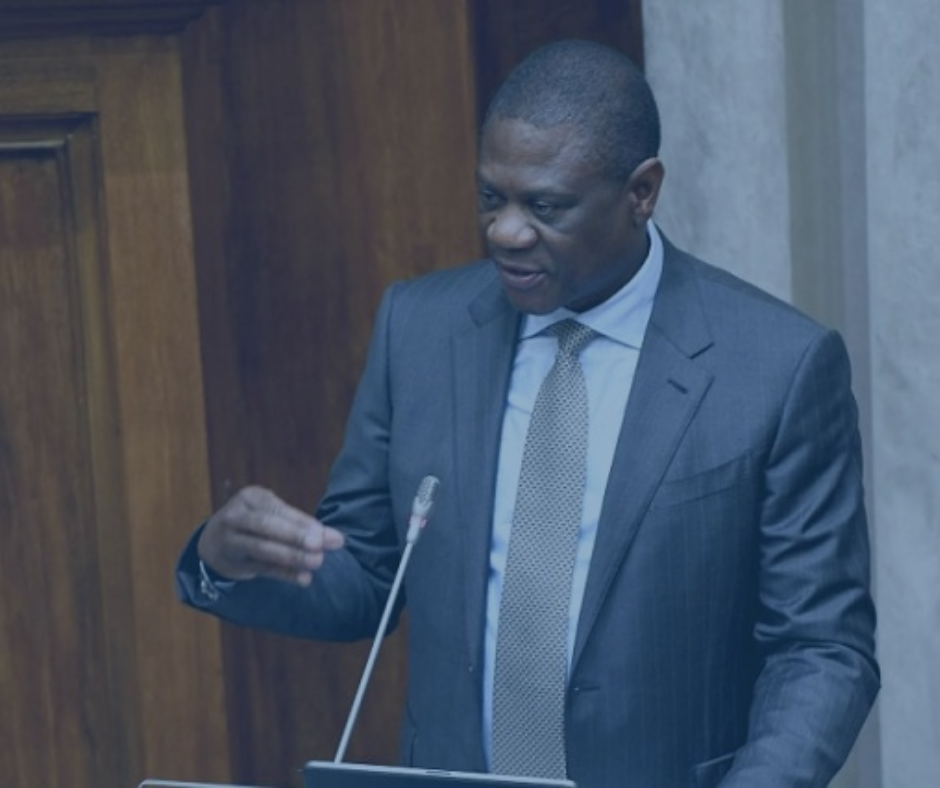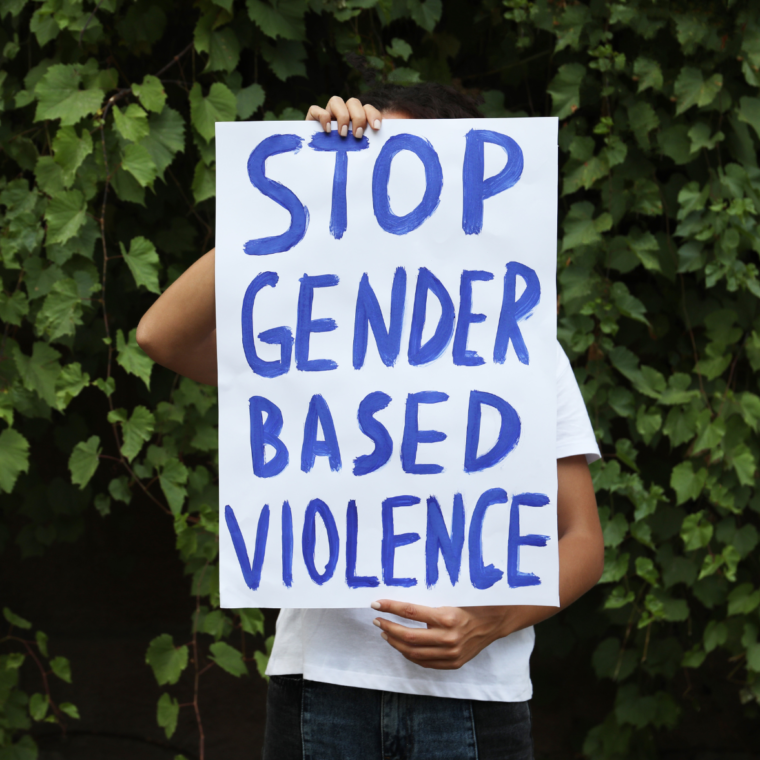South Africa Calls for Multipolar World Order and Equitable Partnerships at SPIEF 2025
ST. PETERSBURG, RUSSIA – South Africa’s Deputy President, H.E. Shipokosa Paulus Mashatile, delivered a compelling address at the St. Petersburg International Economic Forum (SPIEF 2025) on June 20, 2025, advocating for a strengthened multipolar global order and equitable partnerships, particularly for the Global South and Africa.
Speaking at the forum themed “Strengthening Multipolarity for Sustainable Development,” Mashatile emphasized South Africa’s firm belief that a multipolar world, characterized by cooperation, dialogue, and respect for diversity, is crucial for achieving sustainable development and economic prosperity for all nations, regardless of their size. He highlighted the active collaboration between South Africa and Russia within forums like BRICS and the G20, aiming to deepen bilateral ties and influence global governance.
Mashatile underscored Russia’s strategic role in the global economy, not only as a major energy producer but also as a key player in food security, industrial technologies, and scientific innovation. He noted Russia’s increasing focus on Asia, Africa, the Middle East, and Latin America, which is reshaping global trade routes and fostering new corridors for commercial and developmental cooperation, contributing to a “multipolar global economic architecture.”
Addressing South Africa’s own development journey, the Deputy President acknowledged the challenges of inequality and poverty rooted in the country’s history. However, he affirmed significant progress in reducing these disparities and fostering social cohesion, stressing that sustainable development encompasses economic progress and opportunities for all citizens to thrive.
Mashatile emphatically stated that “Africa is not in search of handouts; rather, it is pursuing equitable partnerships.” He called for fair access to markets, capital, knowledge, and technology, asserting that development must be “co-created” rather than dictated. With Africa’s population projected to exceed 2.5 billion by 2050 and a burgeoning middle class, he positioned the continent as a future driver of industrialization, digital transformation, and sustainable development.
South Africa, currently presiding over the G20, is championing the full integration of the African Union into the G20 framework and working to align global economic policy with Africa’s Agenda 2063. Mashatile presented South Africa as a “gateway to Africa,” offering democratic governance, a robust financial system, and world-class infrastructure.
The Deputy President stressed the need to reinvigorate multilateralism and resist protectionism to tackle global challenges such as climate change, food insecurity, and health disparities. He called for greater representation of developing economies in global standard-setting institutions and accelerated reform of organizations like the World Trade Organization and the International Monetary Fund to reflect contemporary global realities.
Mashatile concluded by stating that the future of the global economy is being shaped not only in the Global North but also in emerging economies across East Africa, Southeast Asia, Latin America, and Eurasia. He urged equitable and mutually beneficial partnerships to forge a new era of cooperation, shared prosperity, and enduring peace.





